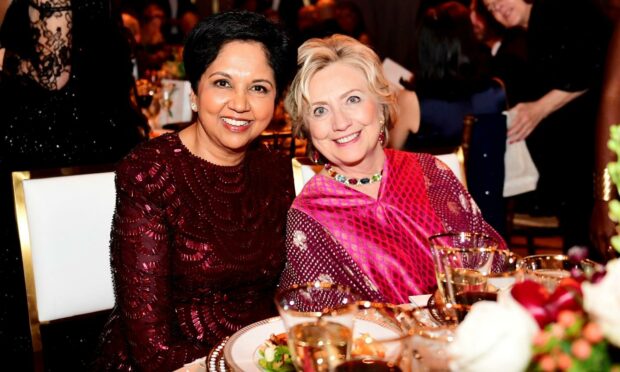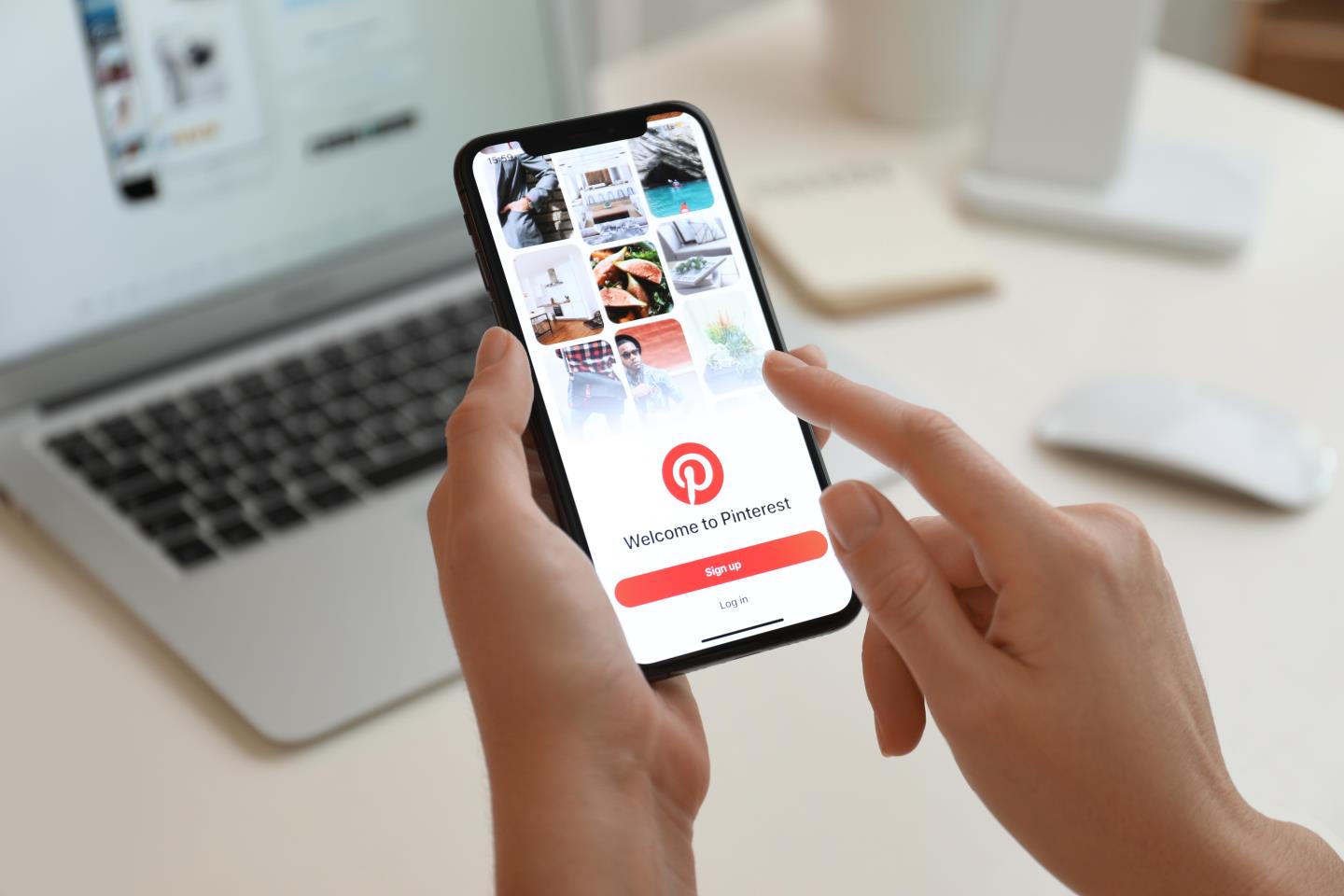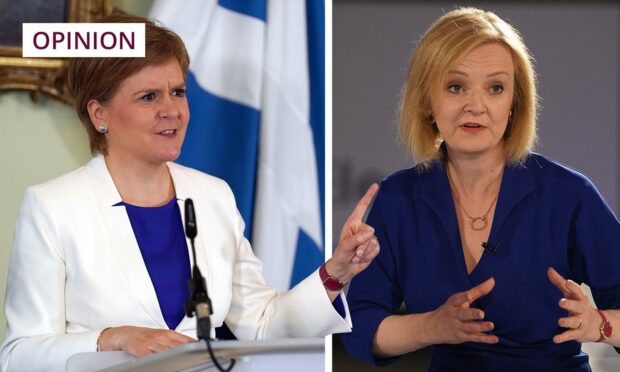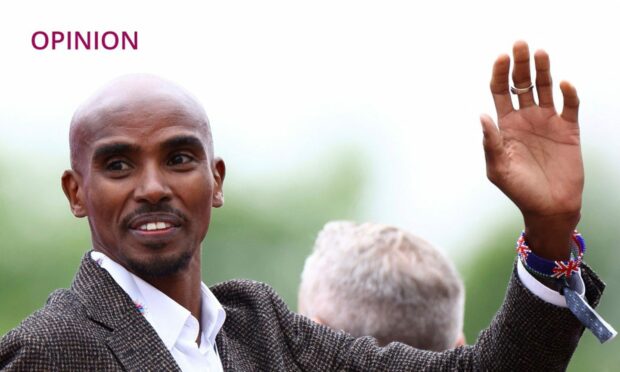Don’t you just love it when someone dripping in diamonds sniffs that, personally, they wouldn’t wear paste jewels? All right for poor people but a bit naff for those with taste.
I had a similar feeling of irritation reading about Indra Nooyi, the ex-CEO of Pepsi, disapproving of asking for pay rises. “I find it cringeworthy,” she said. “I cannot imagine working for somebody and saying my pay is not enough.”
Well, of course she can’t. Her pay has always been enough. In her last year at Pepsi, she was paid $31 million. Hardly necessary to fight the bosses in a bid to stop the leccy being cut off.
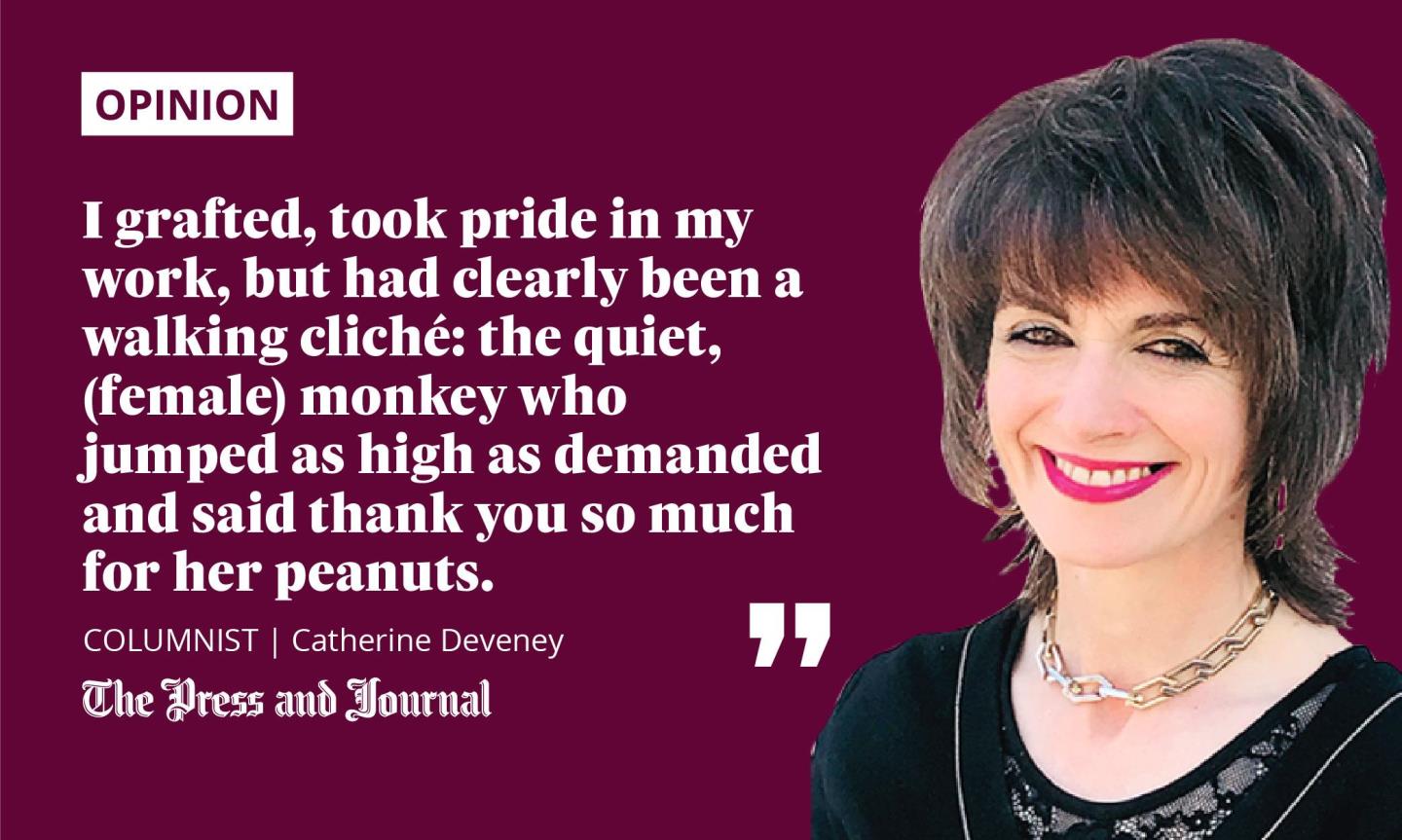
It is particularly galling coming from a woman who knows women’s pay still lags behind men’s. Asked if her gender influenced the fact that she once turned down a pay rise, Nooyi said no, it was just her.
Really? I’d let a psychologist be the judge of that one. Because women drink in certain messages about filthy lucre in the work place, often without realising. Ambitious bloke; pushy broad. Smart guy; grasping dame.
Women are only valued if they value themselves
The gender pay gap in Britain is still over 15%. Interesting that one survey suggested it might be addressed if women gained enough confidence to ask for a rise.
I once did. Let me tell you what happened. It was a long time ago and, back then, I thought I would die rather than discuss salary. But then I read an article about the ways women were allowing themselves to be short-changed and felt angry.
Women had a responsibility to ask tough questions of their bosses, the article said. So I did. I had a suspicion – with no actual evidence – that I was being paid less than male colleagues. I went with my hunch. Just politely asked the question. Want to know the result? A five grand pay rise. Yep. Five.
When women say nothing, they get nothing. Of course, sometimes, they get nothing even when they do say something. There’s always a ‘reason’
Now, along with the obvious dance of celebration – I could afford Pampers, a haircut and some lovely paste jewels – there was another emotion. A great big dollop of humiliation. I grafted, took pride in my work, but had clearly been a walking cliché: the quiet, (female) monkey who jumped as high as demanded and said thank you so much for her peanuts.
You could argue that the raise showed that, ultimately, I was valued. What it actually proved to me was that I was only valued if I valued myself.
Men take the credit (and the cash)
Indra Nooyi’s attitude suggests there is some kind of natural justice in all this. Maybe I’d have been more impressed if she had given the raise she turned down to the lowest paid Pepsi employees. But justice is often in short supply in the workplace – particularly for women – as Christine Martinez, who worked closely with the three male founders of digital pinboard, Pinterest, discovered.
In 2019, Pinterest went public, turning its founders into billionaires. Martinez assumed she, too, would be financially rewarded. She had worked closely with them and claimed she came up with many of Pinterest’s key concepts – including the idea of “pins”.
There was no contractual agreement. She just trusted. They were friends, after all. They had come to her at Christmas. She was bridesmaid at one of their weddings.
She received nothing. Martinez issued a statement, saying she was “really confused about how it is that people believe that these three men created a product like this for women – that they understood women well enough.”
There’s always a ‘reason’ to pay men more
Pinterest has form on this. Two former female employees wrote on Twitter about their experiences at the company, including pay disparities. Then Françoise Brougher, the chief operating officer, left the company suddenly, without explanation. She subsequently brought a lawsuit claiming they fired her after she complained about sexist treatment. “When men speak out, they get rewarded,” she observed. “When women speak out, they get fired.”
The gender pay gap is alive and well at UK scaleups.https://t.co/HTZqdQaafk pic.twitter.com/7Dgd1fRBoN
— Amy Lewin (@amyrlewin) October 19, 2021
And when women say nothing, they get nothing. Of course, sometimes, they get nothing even when they do say something. There’s always a “reason”.
You may think you do the same thing, but his job is slightly different from yours. (Job titles – vital fodder for the gender pay gap.) He is better known to the board of directors. He is more important. His shoes are shinier. He knows every character in Star Wars.
So Indra Nooyi can keep her feminine discretion over pay. Cringeworthy? Cringeworthy is when you value yourself less than others.
She’s moved on to Amazon now, a company not renowned for its advanced employee conditions. Maybe Nooyi can afford reticence. Her employees – especially her female ones – know that disdain for dosh is only for millionaires.
Catherine Deveney is an award-winning investigative journalist, novelist and television presenter
